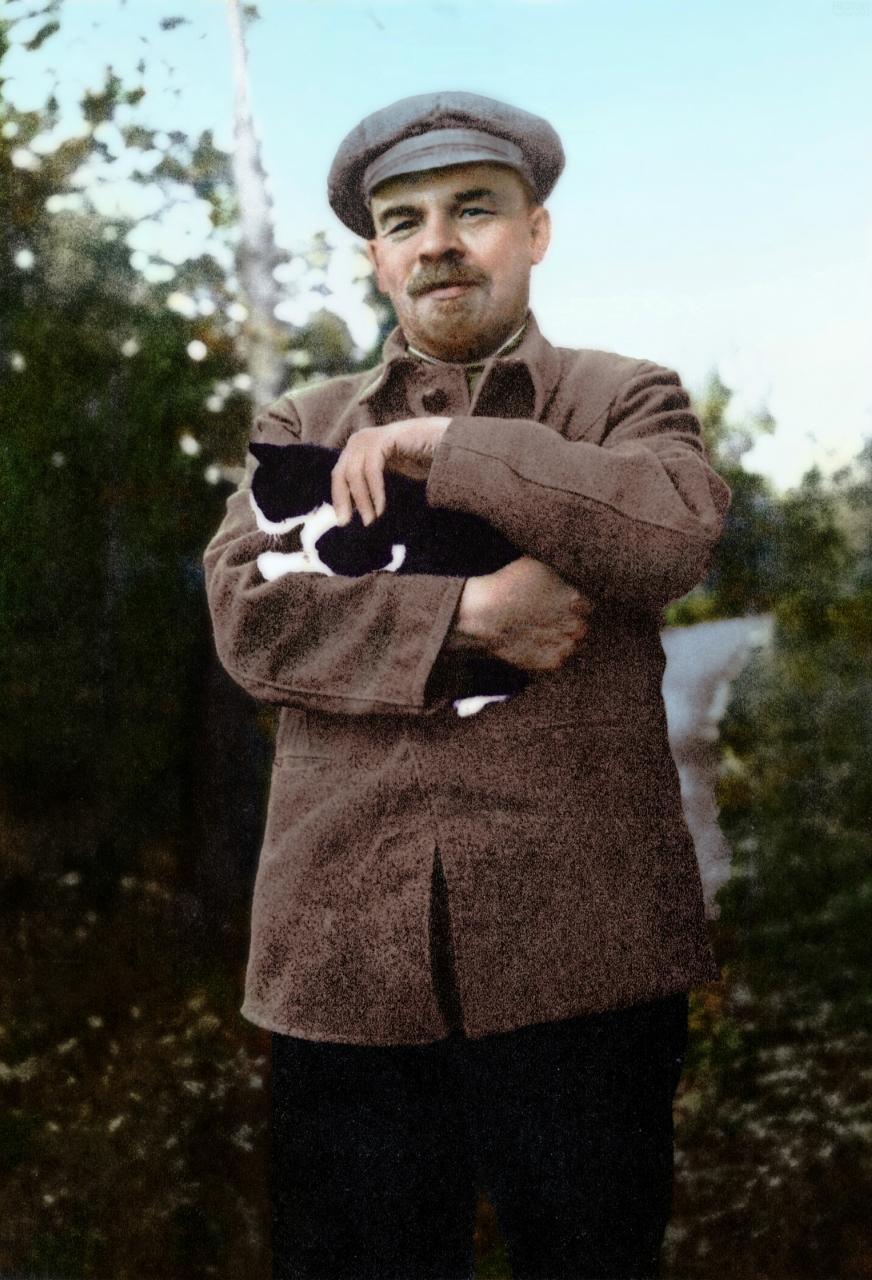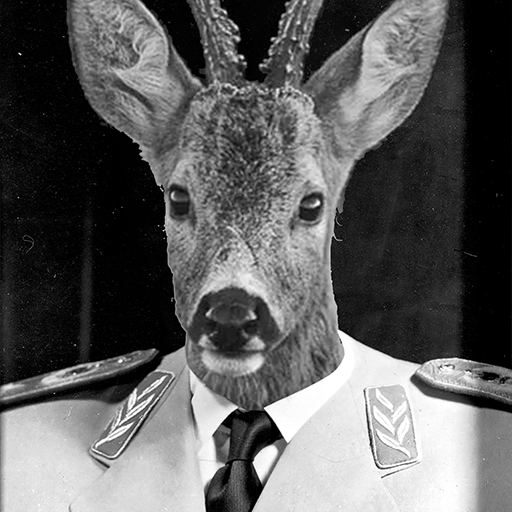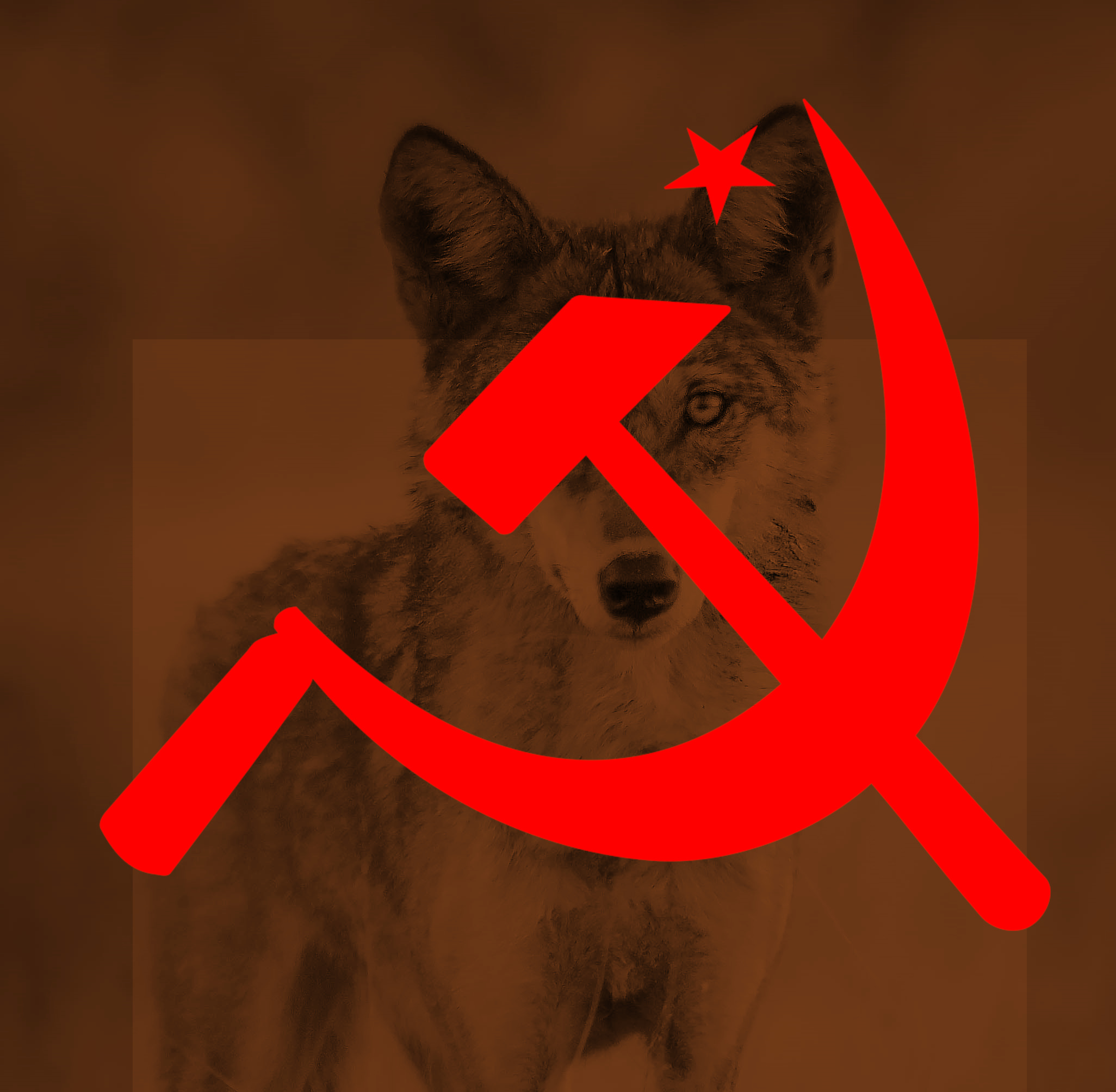The word must be something non-political that is in everyday use or in common speech.
For example, in my mother language there’s the word muak, which describes the feeling you get after eating the same dish repeatedly, leading to you being sick of it and not wanting to eat that dish anymore.
Tired (ie. tired of eating the same x dish/food) may be the closest word/phrase in the English language that captures the meaning, but not exactly.
deleted by creator
deleted by creator
deleted by creator
deleted by creator
“backpfeifengesicht”: a face in need of a slap
In Romanian we have “alaltăieri” (the day before yesterday) and “poimâine” (the day after tomorrow)
They do technically translate to “ereyesterday” and “overmorrow,” but no one uses those words anymore.
We also have “răspoimâine” (in three days), which, as far as I know, has never had an equivalent word in English
Oh we have something similar.
The day after tomorrow, lusa. The day before yesterday, kelmarin.
Although, that’s in my own dialect. In other states/regions, kelmarin means yesterday and semalam means yesterday night.
Semalam in my original example is treated as yesterday (context dependent ofc), even though literally it means the night before.
I was going to say I didn’t know a word that doesn’t translate to English, but if “alaltăieri” works, then I know “anteayer”, which I think is Spanish for the same: the day before yesterday. This might be an insight into the advantage that Romanian speakers have when learning other romance languages. If you slur “alaltăieri” and “anteayer”, I bet they sound quite similar.
deleted by creator
I feel though that Schadenfreude has become adopted by the English language… or at least I have adopted it into every day use anyway.
deleted by creator
Amusingly enough, this particular word has a direct translation in Russian.
deleted by creator
Злорадство - zloradstvo
deleted by creator
Døgn: A word in Swedish, Danish and Norwegian meaning a day and a night. It baffles me that English hasn’t adopted this, or made up a word for it.
Dugnad: A Norwegian word meaning unpaid voluntary work done for the community or an individual, eg. a neighborhood coming together to help an elderly person paint their house.
Mierenneuker - ant fucker, or someone that gets hung up on the smallest of details
The funny word for foreigners is ‘huurhuis’ (rental home). Because foreigners struggle with the Dutch pronounciation of the ‘uu’ (which they pronounce as the English oo as in woohoo) they make it sound like hoerhuis, which translates to sex workers house.
And the classic ‘gezellig’ - which is to describe a fun atmosphere when being in a certain place, but cannot be described by words like fun or cozy. A party can be gezellig when it has a certain atmosphere.
Bonus points for ‘uitwaaien’ which would translate to out-blowing. It’s the act of walking on a beach when there is a strong wind, often to blow away the stress you’re having.
idk if this is a hot take but I find it kind of irritating how “Gezellig” keeps getting thrown around like some untranslatable word. Its literally just cozy. I’ve gotten into many arguments with Dutch friends over this, lol.
Kom vechten dan.
Jk I can see your point
“Gschwind” - An undetermined length of time between a moment and the heat death of the universe.
“Muggeseggele” - A tiny little bit of something. Literally: Fly balls.
Gotta love swabian german.
I’ve gotta see if gschwind works in Allemanisch. I’d have daily use for that.
Propably. Allemannisch and Schwäbisch have lots of overlap.
Basque has some interesting words; colors come to mind… While nowadays they are more aligned to the English/Spanish named colors, it’s still interesting to see: here are explained the words urdin, ubel and uher; the former used to refer to both green and blue (“grue”), plus probably gray.
A lot of swear words, it’s a polish after all :)
From the others, first coming to mind which lack bothers me quite is “kilkanaście” - meaning unspecified number between 11-19.












